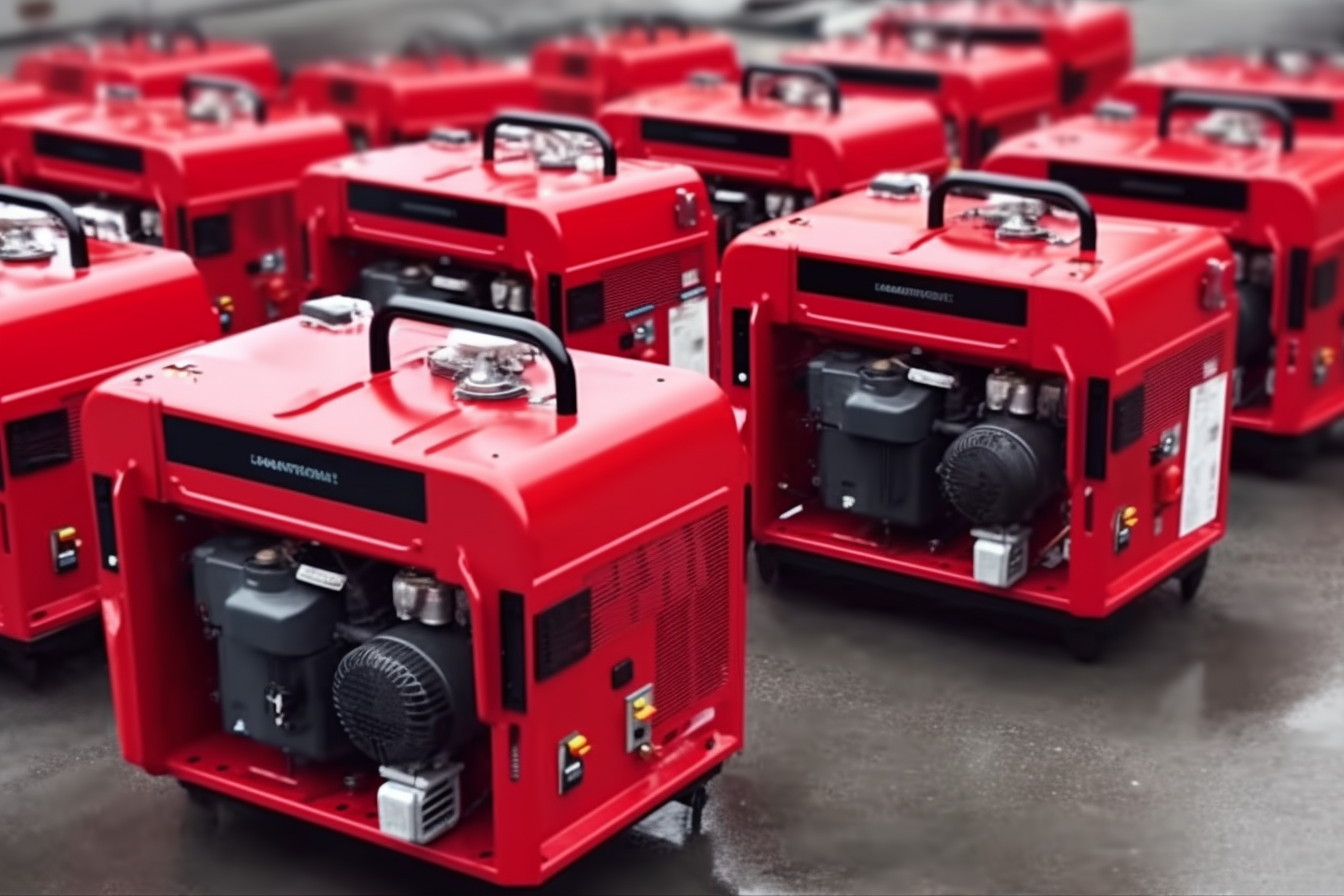Whole House Generator Costs: Your Ultimate Guide to Ensuring Uninterrupted Power
In today’s world, the need for uninterrupted power has become more critical than ever. A whole house generator provides a reliable solution for homeowners looking to safeguard their homes during power outages. This article explores the cost of whole house generators, factors that influence the new generator price, and the benefits of owning a generator for emergency home use.

What Are Whole House Generators and How Do They Work?
Whole house generators, also known as standby generators, are permanent fixtures installed outside your home. These systems automatically detect power outages and kick in within seconds, supplying electricity to your entire house. Unlike portable generators, whole house generators are connected directly to your home’s electrical system and can run on natural gas or propane, eliminating the need for manual refueling during extended outages.
Why Choose a Whole House Generator for Automatic Backup?
Opting for a whole house generator provides automatic backup for peace of mind. These systems offer several advantages over portable generators:
-
Seamless power transition: They start automatically when the main power fails, ensuring minimal disruption to your daily activities.
-
Capacity to run all essential appliances: Whole house generators can power your entire home, including HVAC systems, refrigerators, and medical equipment.
-
Increased home value: A permanently installed generator can be an attractive feature for potential homebuyers.
-
Long-term reliability: With proper maintenance, these generators can provide backup power for many years.
Natural Gas and Propane Generator Options: Which Is Right for You?
When selecting a whole house generator, you’ll typically choose between natural gas and propane as fuel sources. Both options have their merits:
Natural Gas Generators:
-
Often less expensive to operate
-
Continuous fuel supply through existing gas lines
-
No need for on-site fuel storage
Propane Generators:
-
Can be used in areas without natural gas infrastructure
-
Longer shelf life for stored fuel
-
Potentially more efficient in colder climates
Your choice will depend on factors such as fuel availability in your area, local regulations, and personal preferences.
Understanding the Cost Breakdown of Standby Generators
The total cost of a whole house generator includes more than just the unit itself. Here’s a breakdown of the expenses you can expect:
-
Generator unit: $2,000 to $20,000+, depending on size and brand
-
Installation: $500 to $3,000+
-
Electrical work: $500 to $2,000
-
Permits and inspections: $50 to $200
-
Fuel line installation (if needed): $500 to $1,000
-
Maintenance costs: $200 to $500 per year
To give you a clearer picture of the market, here’s a comparison of some popular whole house generator options:
| Generator Model | Capacity | Fuel Type | Estimated Cost |
|---|---|---|---|
| Generac Guardian 22kW | 22 kW | Natural Gas/Propane | $4,500 - $5,500 |
| Kohler 20RESCL | 20 kW | Natural Gas/Propane | $4,000 - $5,000 |
| Briggs & Stratton 40556 | 20 kW | Natural Gas/Propane | $3,800 - $4,800 |
| Cummins RS25 | 25 kW | Natural Gas/Propane | $6,000 - $7,000 |
| Champion 14kW | 14 kW | Natural Gas/Propane | $3,000 - $4,000 |
Prices, rates, or cost estimates mentioned in this article are based on the latest available information but may change over time. Independent research is advised before making financial decisions.
Ensuring Reliable Power for Critical Appliances
One of the primary reasons homeowners invest in whole house generators is to ensure reliable power for critical appliances. These systems can keep essential equipment running during outages, including:
-
HVAC systems for temperature control
-
Refrigerators and freezers to prevent food spoilage
-
Medical devices for those with health concerns
-
Security systems to maintain home safety
-
Sump pumps to prevent flooding in basements
When selecting a generator, consider the wattage requirements of your critical appliances to ensure your chosen model can handle the load.
Is a Whole House Generator Right for You?
While whole house generators offer significant benefits, they represent a substantial investment. Consider the following factors when deciding if a standby generator is right for your home:
-
Frequency and duration of power outages in your area
-
Critical power needs (medical equipment, home office, etc.)
-
Budget for initial purchase and ongoing maintenance
-
Local zoning laws and regulations
-
Your home’s electrical requirements
By carefully evaluating these factors and understanding the costs involved, you can make an informed decision about whether a whole house generator is the right choice for ensuring uninterrupted power in your home.




